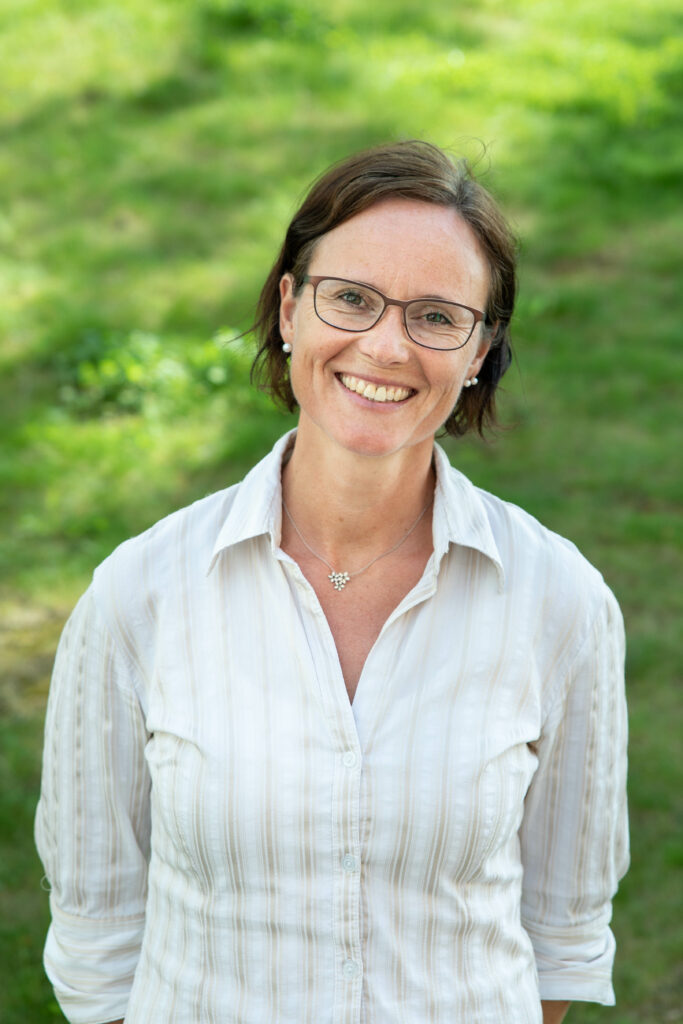
26.02.2024
Life cycle analyses assess the climate footprint of projects
Life Cycle Assessment (LCA) is a systematic approach to documenting environmental and resource impacts throughout the life of a product or service.
LCA enables decision-makers in industry and other sectors to assess the environmental and climate footprint of products and services before they are used or implemented.
Further LCA can also be used to assess the environmental and resource efficiency of different ways of managing waste resources and emissions such as CO2. It also plays a key role in assessing whether a value chain can be considered carbon neutral or whether it contributes to carbon removal (CDR).

Need for harmonisation of LCA
“The literature clearly shows that there is a need for international harmonisation of LCA. In the field of carbon capture, use and storage. This is particularly true for the documentation of avoided and negative emissions. And the choice of system boundaries. The choice between extended system boundaries and the distribution of burdens and benefits among different actors in the value chain requires careful consideration. Both approaches have advantages and disadvantages”, says Hanne Lerche Raadal from the Norwegian Institute for Sustainability Research (NORSUS. Adding that “physical equalisation or mass balancing is also an important issue”.
LCA methods are an important focus of the international Mission Innovation Carbon Dioxide Removal (MI CDR) collaboration. Launched by Barak Obama during the UN Climate Change Conference in Paris 2015 (COP21). Mission Innovation is an international ministerial-level collaboration. The CDR mission was launched by Mission Innovation at COP 26. The Ministry of Energy is responsible for Norway’s participation in Mission Innovation. Gassnova continues this work on behalf of the Ministry of Energy.
LCA project with link to Mission Innovation
In January this year, NORSUS and its partners received funding from CLIMIT-Demo for the project: “Development of LCA methodology for documentation of negative emissions and allocation of burdens and benefits in CCUS value chains“. “The project will be an important Norwegian contribution to the LCA work of Mission Innovation CDR. Where Norway and Japan (METI) are leading the CDR within Biomass and Storage (BiCRS)”, says Senior Advisor at Gassnova, Jørild Svalestuen. To ensure broad experience and professional insight. Therefor the project includes a reference group of international LCA experts who will follow and contribute to the work.
NORSUS is one of Europe’s leading LCA research centres. For several decades they have been working with circular economy and the mapping of environmental and resource efficiency using LCA.
The project has solid industrial partners represented by Borregaard AS, Carbon Centric AS, FREVAR KF, Hafslund Oslo Celsio AS, Heidelberg Materials Sement Norge AS, Returkraft AS and Statkraft Varme AS.
